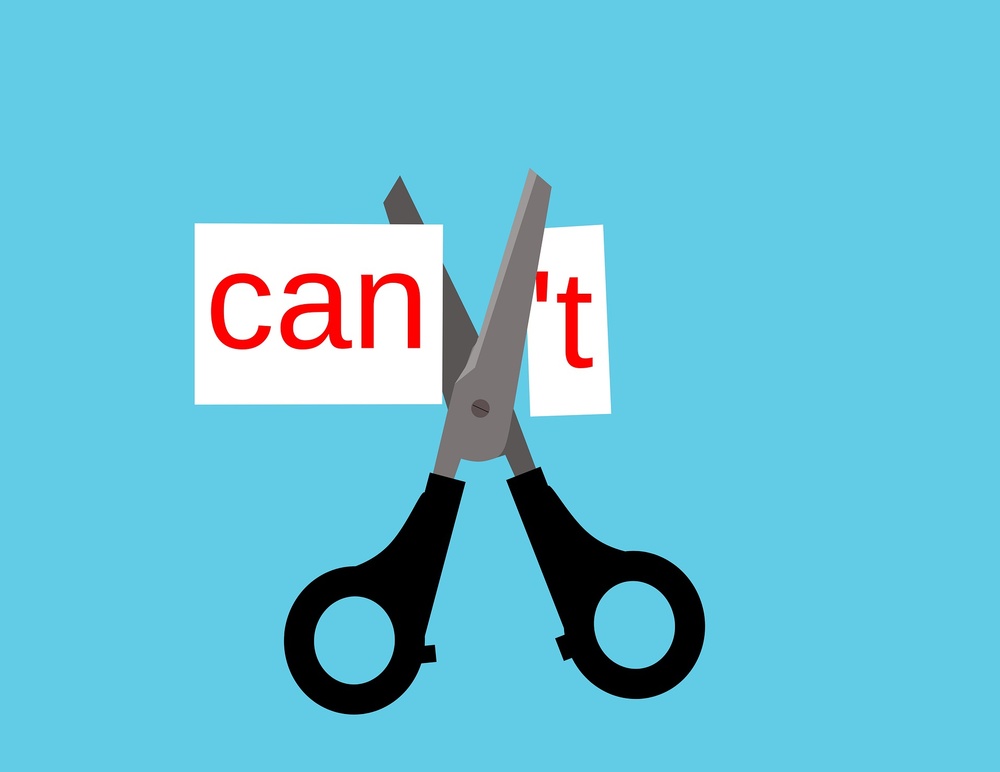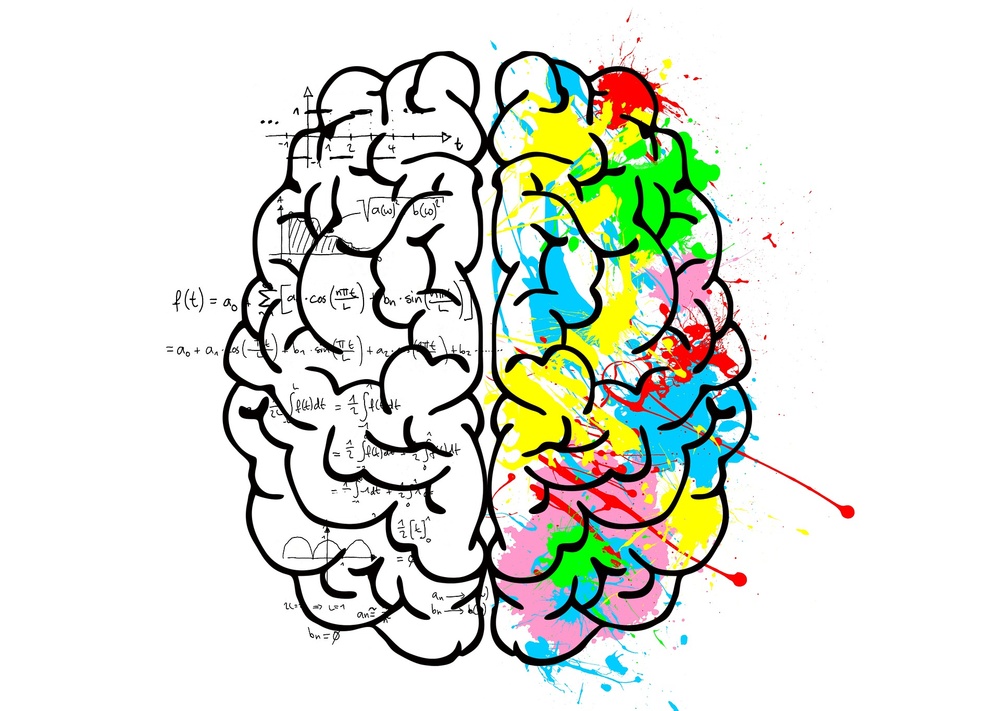Understanding the Urban Grind Living and working in a bustling city environment, you might often find yourself caught in the whirlwind of corporate demands and urban lifestyle pressures. The fast-paced life, while exhilarating, can also be incredibly draining. As you navigate through crowded streets and towering skyscrapers, the hustle and bustle can sometimes feel overwhelming, leading to a phenomenon that many professionals are all too familiar with—burnout. Burnout in the city is not just a passing phase; it’s a pervasive issue affecting countless individuals striving to balance their career ambitions with personal well-being. You may notice the signs creeping in gradually: a…
-
Navigating Burnout: Strategies for Thriving in Urban Work Environments

-
Enhancing Sleep Quality: Practical Strategies for Restful Nights

Getting a good night’s sleep is crucial for both your physical and mental well-being. Struggling with sleep can often make mental health challenges, such as anxiety or depression, feel even harder to manage. If you’ve been having trouble sleeping, you’re not alone. Many people experience occasional sleep disturbances, but the good news is that there are simple, effective strategies you can try to improve your sleep and feel more rested. Here are some tips to help you sleep better and wake up feeling refreshed: 1. Establish a Consistent Sleep Schedule Your body’s internal clock, known as the circadian rhythm, thrives on consistency. Going to…
-
Understanding IFS: A Powerful Approach to Healing and Personal Growth

As a psychotherapist, I have seen firsthand how transformative therapy can be for individuals looking to understand themselves better, heal emotional wounds, and create lasting change in their lives. One particularly effective approach that I often recommend to clients is Internal Family Systems (IFS). Developed by Dr. Richard Schwartz in the 1980s, IFS is a therapeutic model that views the mind as made up of distinct, yet interconnected parts. Each part plays a unique role in our emotional and psychological makeup, and understanding these parts can lead to profound healing and growth. In this blog, I’ll share what IFS is, how…
-
Discovering the Benefits of Dialectical Behavior Therapy (DBT) for Mental Health

As a psychotherapist dedicated to supporting mental health, I often encounter clients who are struggling with intense emotions, impulsive behaviors, and interpersonal difficulties. For many, Dialectical Behavior Therapy (DBT) has been a game-changer. Developed by Dr. Marsha Linehan in the late 1980s, DBT was originally designed to help individuals with borderline personality disorder (BPD). However, its powerful techniques and principles have since been adapted to help a wide range of mental health issues, including depression, anxiety, substance use disorders, and post-traumatic stress disorder (PTSD). Here’s why DBT might be the key to transforming your mental health journey. 1. A Balanced Approach…
-
Exploring the Depths: Understanding the Inner Child in Therapy

In the realm of psychotherapy, the concept of the "inner child" often emerges as a pivotal theme in the journey towards healing and self-discovery. But what exactly is this inner child, and why does it hold such significance in therapeutic practice? The inner child represents the emotional and psychological aspects of our childhood selves that continue to reside within us, influencing our thoughts, feelings, and behaviors well into adulthood. These inner children carry the memories, experiences, and wounds of our formative years, shaping our beliefs about ourselves and the world around us. In therapy, the exploration of the inner child involves delving…
-
Embracing Self-Compassion: A Path to Healing and Growth!

In a world that often emphasizes achievement and perfection, the concept of self-compassion offers a refreshing perspective on how we relate to ourselves. As a psychotherapist, I've witnessed firsthand the transformative power of self-compassion in the lives of my clients. In this newsletter, I invite you to explore the profound benefits of embracing self-compassion on your journey towards healing and personal growth.
-
Embracing Neuroplasticity: The Key to Facilitating Change

The concept of neuroplasticity stands as a beacon of hope and opportunity. It offers a profound understanding of how the human brain can adapt, rewire, and transform itself over time, providing the groundwork for individuals to enact meaningful and lasting changes in their lives. In this blog, we will explore the concept of neuroplasticity, its relevance in psychotherapy, and how you can harness it to facilitate change. Understanding Neuroplasticity; Neuroplasticity, often referred to as brain plasticity, is the brain's remarkable ability to reorganize itself by forming new neural connections throughout life. This capacity is not confined to childhood development but extends into…
-
Understanding Non-Duality: Rediscovering Unity in a Divided World

In a world that often emphasizes divisions, non-duality offers a refreshing perspective that challenges our deeply ingrained dualistic thinking. Rooted in ancient wisdom traditions, non-duality invites us to see beyond the illusion of separation and recognize the inherent unity in all aspects of existence. In this blog post, we will delve into the essence of non-duality, exploring its implications for our perception of reality, personal growth, and interconnectedness.
-
Unplugging in a Digital Age: Rediscovering the Power of Offline Connection

As technology continues to advance at a rapid pace, our lives have become intertwined with screens, social media, and constant digital stimulation. However, amidst the endless stream of notifications and online interactions, we often overlook the importance of disconnecting from the digital realm and reconnecting with ourselves and others in the offline world. In this blog post, we explore the concept of "unplugging" and highlight the benefits it can have on our mental health, relationships, and overall well-being. Let's dive in! 1. The Digital Age: Blessing or Curse? We begin by acknowledging the undeniable benefits and convenience that technology brings to our lives.…
-
Understanding The Ego

The ego is a term we often hear in psychology but understanding it can be quite complicated. Essentially, the ego is the part of our personality that helps us interact with the world around us. It is the mediator between our inner selves and outer experiences. Understanding the ego is essential to personal growth and healing. In this blog post, we'll discuss the ego from a constructivist perspective, what it is, how it works, and how we can learn to better understand our inner self. According to constructivist theory, the ego is the part of the self that creates mental representations…
-
Establishing Healthy Personal Boundaries

We’ve all heard the phrase “setting boundaries,” but what does that really mean? It means taking control of your personal space and setting limits on the expectations of others while still maintaining meaningful relationships. Knowing how to have healthy personal boundaries is an essential life skill that everyone should have in order to take charge of their own lives and protect themselves from being taken advantage of. So let’s dive into the why and how of healthy personal boundaries. Having healthy personal boundaries is important for a few reasons. First, it helps you protect yourself by setting limits on what is…
-
Overcoming Limiting Beliefs: Your Path to Success

Have you ever felt stuck in a rut, held back by something you can’t quite put your finger on? This feeling may stem from limiting beliefs. Limiting beliefs, also known as self-limiting beliefs, are ideas and thought patterns that hold us back from our fullest potential. They can be hard to recognize at first because they often masquerade as facts or truths—but the good news is that they can be overcome! Let’s explore what limiting beliefs are and how we can identify and work through them. Limiting beliefs are simply any thoughts or ideas that keep us from achieving our goals…
-
The Benefits of Non-Attachment

Non-attachment is a concept that is often explored in Buddhist teachings. It is the practice of being mindful about your thoughts and emotions, but not attaching any meaning or value to them. This practice can be beneficial for anyone who wants to lead a healthier, more mindful life. Let’s take a closer look at non-attachment and some of the benefits associated with it. In its simplest form, non-attachment is the idea that you can observe your thoughts and feelings without becoming attached to them. This means that although you may experience certain emotions or thoughts, you don’t attach any deeper meaning…
-
What is Non-Striving?

Non-striving is a key concept of mindfulness, but it can be difficult to understand. In a world where we are encouraged to strive for excellence in every area of life, it can be hard to accept the concept of non-striving. So what does non-striving mean and how can it help us? This blog post will break down the concept of non-striving and discuss why it's an important part of mindfulness practice. Non-striving is a way of approaching life that involves letting go of our need to control outcomes and instead focusing more on the present moment. It acknowledges that striving too…
-
What is Inner Child Work?

The concept of inner child work has grown in popularity over the past few decades. This type of therapy focuses on bringing awareness to and healing from childhood trauma, pain, and wounds. It encourages individuals to become reacquainted with their younger selves, which can lead to a better understanding of themselves as adults. Let's explore what inner child work is and how it can help you heal. What is inner child work? Inner child work involves exploring our childhoods in order to gain insight into our current emotional states. It encourages us to be mindful of our younger selves by recognizing…
-
Discovering Your Shadow Self

Have you ever wondered why certain aspects of your personality seem to be at odds with one another? Or why certain behaviors and habits keep resurfacing, even though you’ve worked so hard to overcome them? If so, then it may be time for you to explore the concept of a shadow self. Understanding and accepting your shadow self can help you manage difficult emotions and impulses better in order to become your most authentic self. What Is the Shadow Self? The psychoanalyst Carl Jung first developed the concept. Jung used the term “shadow self” to describe the things people repress or…
-
Unlocking Emotional Intelligence: What It Is and Why It Matters

Everyone has a unique personality, and emotional intelligence plays a huge role in how we interact with the world around us. But what is emotional intelligence? How can it help you understand yourself better, and become more successful? In this blog post, we'll explore what emotional intelligence is, why it's important, and how you can use it to be the best version of yourself. What is Emotional Intelligence? Emotional intelligence (EQ) is defined as the ability to identify, assess, and manage one’s own emotions as well as those of others. It involves understanding your own feelings and those of others, empathy…
-
The Power of Yoga for Health and Well-Being

Yoga is an ancient practice with a long history of promoting physical, mental, and emotional health. Over the years it has become increasingly popular as a form of exercise and meditation to improve overall well-being. If you’re looking for a way to reduce stress, gain strength, and improve your overall health, yoga may be just what you need. Let’s take a look at some of the amazing benefits of yoga. Physical Benefits Yoga offers many physical benefits that can help improve your overall health. It is low impact and gentle enough for all ages and fitness levels, yet challenging enough to strengthen…
-
How Mindfulness Can Help Leaders Increase Self-Awareness and Emotional Intelligence

Being a successful leader requires more than just the ability to make decisions. It requires self-awareness, emotional intelligence, and the ability to maintain a calm head in stressful situations. Many business leaders are turning to mindfulness practices to help them develop these skills. Here’s why mindfulness can be beneficial for leaders looking to increase their self-awareness and emotional intelligence. Mindfulness is the practice of being present in the moment, without judgment, and with an open mind. It can help leaders reduce stress levels and become more aware of their own emotions. When practiced regularly, mindfulness can help leaders become better at…
-
A Guide for Understanding Impermanence

Have you ever noticed the ebb and flow of life? That nothing stays the same, but everything is always changing? That’s what impermanence is all about. Impermanence is a concept that can be difficult to understand and accept, but it can also provide a sense of freedom and peace. In this blog post, we'll explore why understanding impermanence is important and how it can help us live in the present moment. What Is Impermanence? Impermanence is the idea that nothing in life remains unchanged. It's a reminder that everything — from our relationships to our emotions to our physical bodies — is…




















